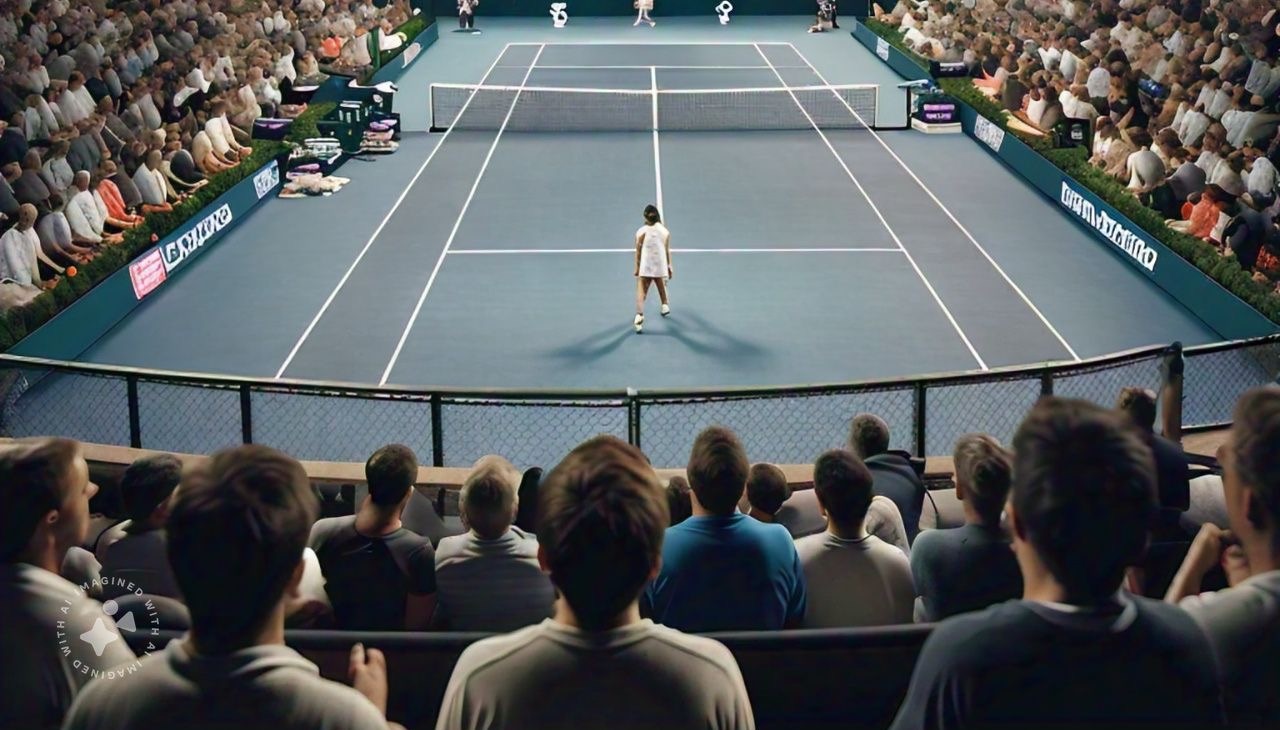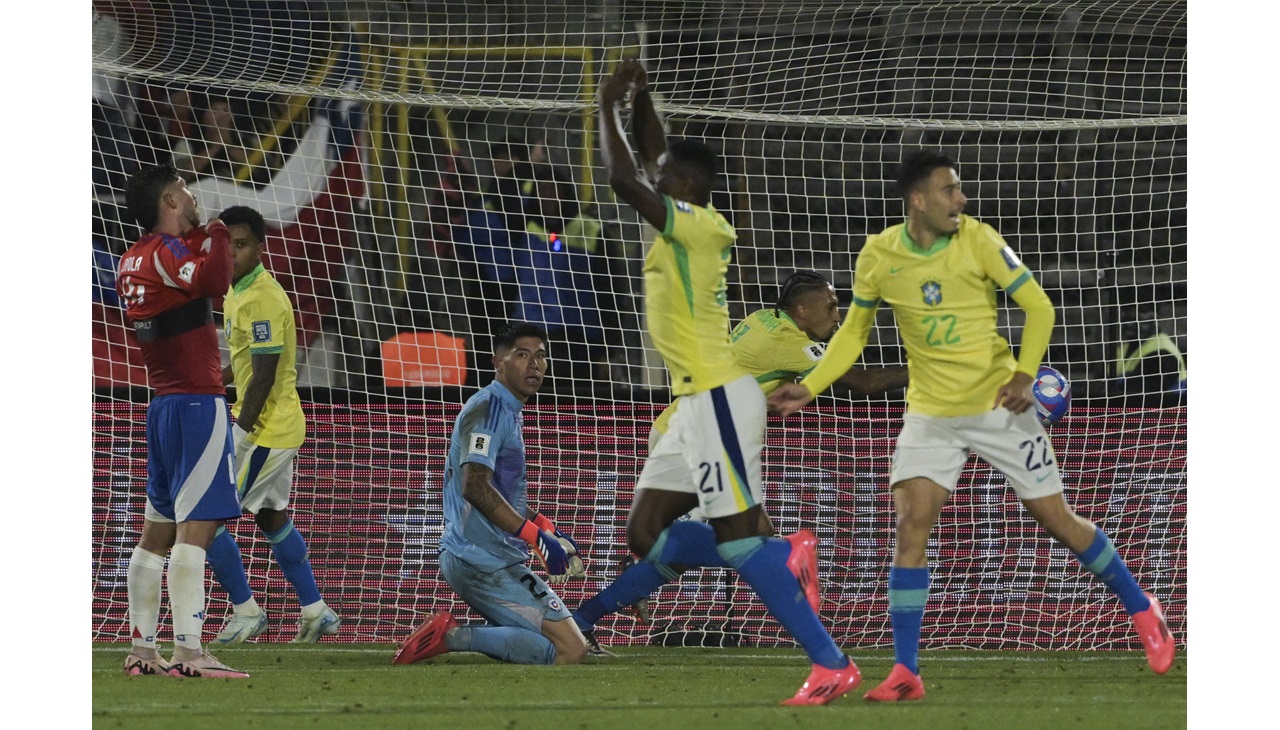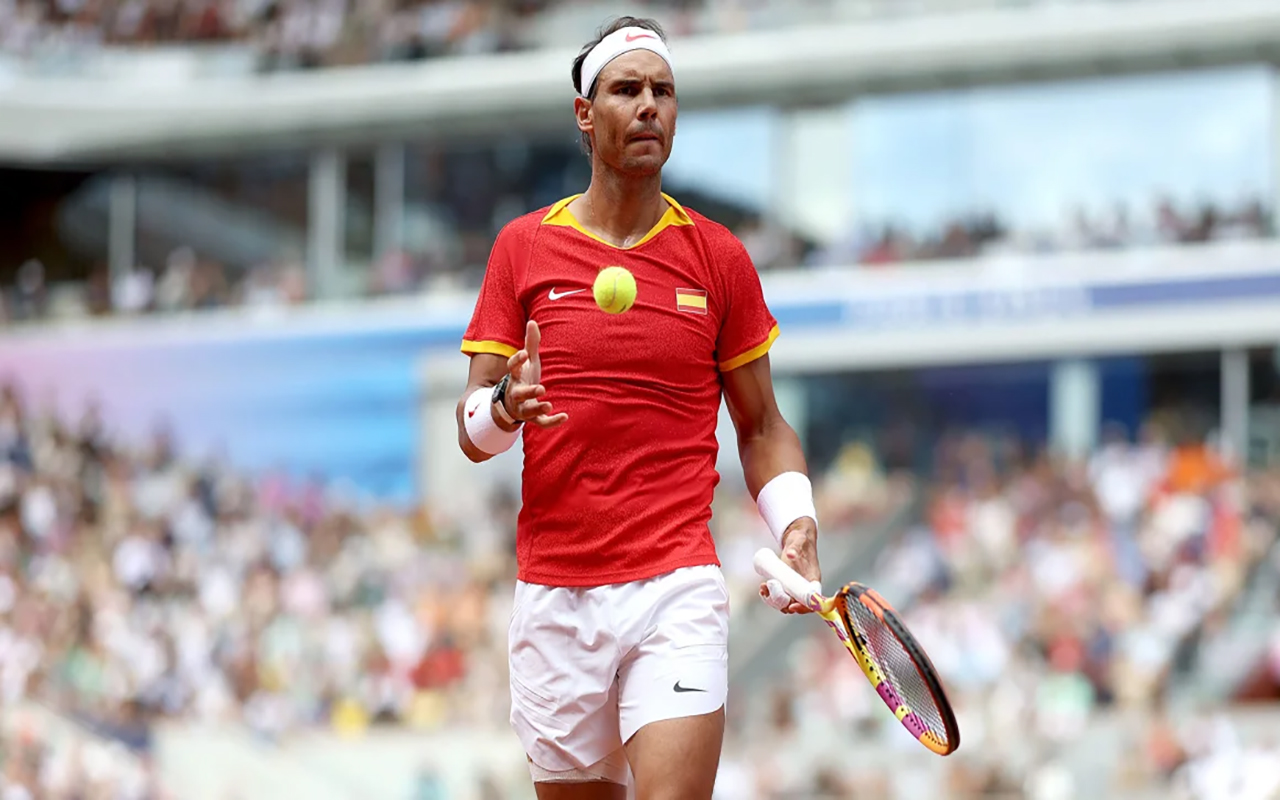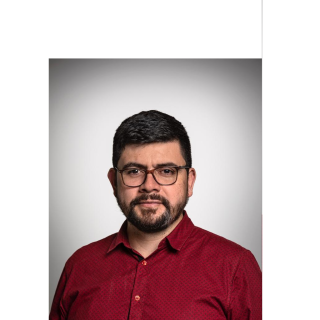
Tennis: How much doping can we tolerate?
The recent case of Jannik Sinner has triggered a new debate on sports doping and how to deal with the challenge.
In the tennis world, everyone is expectant. Like in a match point. The recent case of Jannik Sinner has renewed the debate on how to prosecute and punish doping in a sport without a long history of such behavior, unlike cycling, soccer, weightlifting or, believe it or not, golf.
The discussion resumed in the middle of the US Open because each of the most important tennis players pronounced themselves on the case.
Novack Djokovic said during a press conference: “There are a lot of problems in the system. We see a lack of clear and standardized protocols. I can understand the feelings of many players who wonder if they are being treated in the same way.”
What generated discontent among some players was the fact that Sinner, who was able to continue playing for several months, even though he had been under suspicion since March.
In the end, the International Tennis Integrity Agency (ITIA) confirmed in August that no sanctions were warranted, because “an independent tribunal convened by Sport Resolutions has ruled that Italian tennis player Jannik Sinner is neither at fault nor negligent for two Tennis Anti-Doping Program (TADP) anti-doping rule violations, having tested positive twice for the banned substance clostebol in March 2024.”
According to Sinner and his teams, “the substance had entered his system as a result of contamination from a support team member, who had been applying an over-the-counter spray (available in Italy) containing clostebol to his own skin to treat a minor injury. That support team member applied the spray between March 5 and 13, during which time he also provided daily massage and sports therapy to Sinner, resulting in unknowing transdermal contamination,” the ITIA press release said.
But it was the beginning of the debate. After the March case, Sinner remained in competition even in the finals of Grand Slams such as Wimbledon and won the Halle Open.
RELATED CONTENT
Rafael Nadal, another historic player, responded during an interview on the Spanish TV show “El Hormiguero”: “I believe in people's good faith. I know Sinner and I don't think Sinner wanted to dope. Justice is justice and you don't just have to like it when it tells you what you want. I believe in justice, which makes its decisions based on what is right, and if they didn't sanction him it's because they clearly saw that he wasn't punishable.”
Roger Federer, one of the best tennis players in history, stressed that he believes in Sinner's innocence. However, “but the inconsistency, potentially, that he didn't have to sit out while they were not 100 percent sure what was going on. I think that's the question here that needs to be answered,” the sportsman said during the Today TV show.
Another principle at stake is the presumption of innocence. That is why the Sinner case is not easy to handle, because it would be unfair if he had lost other competitions because of a fortuitous situation.
Doping must be punished. But in this case, there are small details that make everything more complex.
The tennis authorities must consider new and clearer protocols to solve this kind of situation. There is a lot at stake.








LEAVE A COMMENT:
Join the discussion! Leave a comment.